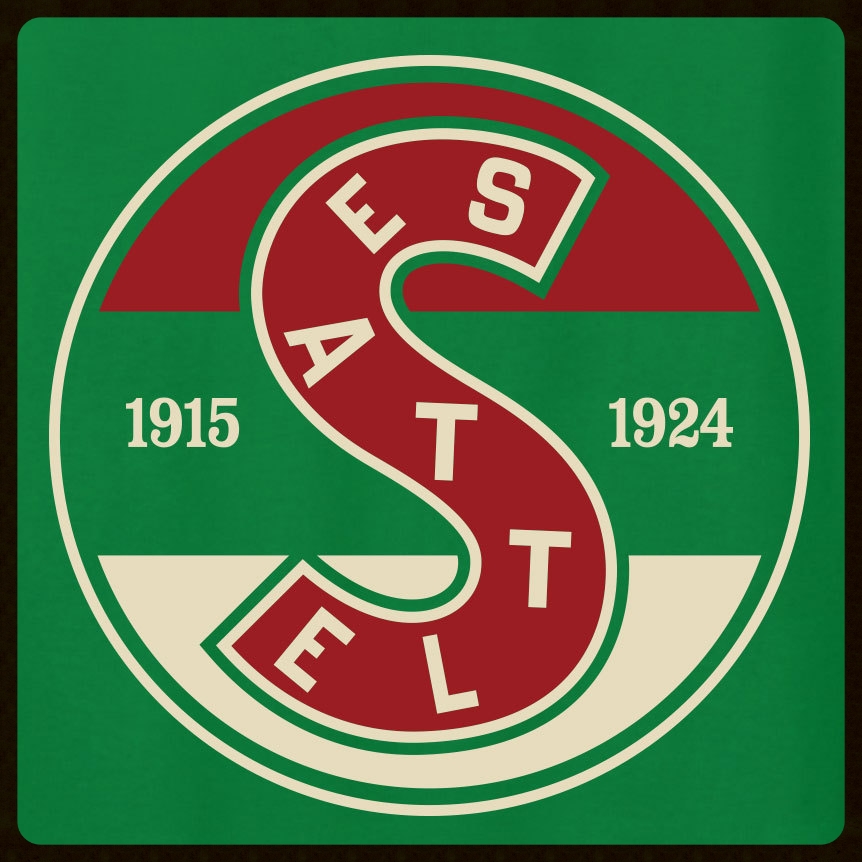This new segment is called "when fans attack". No, not the physical altercations you see on television and read about, but instead when fans and their beloved organizations are in disagreement about something. I'll do my best to sort through the mess and provide you both sides of the argument and what you should be thinking about from a business perspective - both for your organizations sake, and for your fans sake.
Disclaimer: there are a handful of subtleties and small details that I haven't included in this piece. I'm trying to leave you instead with a relatively broad overview of the situation.
Where better to start than my old hometowns' Chicago Cubs?
The issue:
Wrigley Field is a historical site that has served as a right-of-passage for Chicagoans and as a pilgrimage for baseball fans around the world. In the first quarter of 2013, talks started to heat up about renovations and "improvements" that the Cubs wanted to make to their park. The problem is that when something like Wrigley Field is viewed as more than just a normal building or stadium, making any changes to it is met with stark opposition. In the case of the Cubs, the changes they proposed had both immediate neighbors living around the stadium and the city as a whole up in arms.
What the Cubs want:
A restoration of the nearly 100 year old stadium that would improve the amenities for both players and fans. The restorations would include improved facilities for players and larger clubhouses (Wrigley currently has the smallest in Major League Baseball), new concession stands, wider concourses, more restaurants, and an overall upgraded entertainment experience. In addition to these significant upgrades, the Cubs also want a 6,000 square foot video board in left-center field, increased sponsorship signage, and a party deck in the left field corner.
In short, the Cubs want to give their digs a face-lift that would provide fans with nicer amenities and give the Cubs an opportunity to increase sponsorship revenue through increased signage.
How the fans feel about it:
There are several different types of "fans" that have qualms. You first complaint comes from your typical die-hard Cubs fan that doesn't want to see a single thing changed about Wrigley Field due to its history. In their eyes, to change anything about Wrigley Field is like taking a blow torch to the Mona Lisa or flooding the Sistine Chapel.
The second (and more loudly heard) complaint comes from the rooftop owners. If you don't know this about Wrigley Field, there is a series of apartment buildings outside but around the outfield that sell seats on their roofs since they offer great sight-lines of the games. Their complaint is that a new video board and additional signage would hurt the sight-lines of their rooftop seats.
Other things going on behind the scenes:
As you can imagine, the community and city of Chicago was up in arms about the proposed changes for one reason or another. Then came the open-ended proposal by the City of Rosemont. For those of you unfamiliar with Chicagoland, Rosemont is a growing city that sits northwest of Chicago with a population of approximately 4,000 people and is made up mostly of O'Hare airport, office buildings, parking garages, a convention center, a casino and dozens of restaurants. Not only that, but to get from downtown Chicago to Rosemont (without a major professional team located there) takes about an hour because of traffic.
The proposal? Come bring the Cubs to Rosemont! We'll give you land for the stadium for FREE and help assist in building a new stadium with public funding. BOOM! That's about as sexy an offer as getting Albert Pujols, and Mariano Rivera from 10 years ago in exchange for Carlos Marmol... kidding, relax Cubs fans.
My take:
There was a time in my life that I would have been one of the people screaming in opposition of touching a single brick on Wrigley Field or on any real historic ballpark or stadium for that matter. After-all, these old parks and stadiums is all a die-hard fan like myself has to feel connected to the past before everything became so seemingly commercial. However, now that I'm a bit older and realize that most if not all teams exist at the end of the day to make money, I have a bit of a different view. Until the day comes that fans are willing to pay straight out of their own pockets to offset the relative gains in sponsorship dollars, then fans don't have much of a leg to stand on in the complaint department. There may be a balance between generating revenue and making the experience at games miserable with too many ads, but for the most part, fans get over change.
My other thought pertains to the proposal by the city of Rosemont for the Cubs to relocate to their city with all sorts of financial help as incentive. I had the unique opportunity to sit-down with a high-up executive at the Cubs while all of this was unfolding, and they asked me this question:
If none of the professional sports teams in Chicago existed and you were looking to put a baseball team in the Chicagoland area, where would you put it?
At first I sort of smiled since I thought the question was going to allow me to show off some of my awesome MBA skills and market analysis techniques, yadayadayada - barf. But after a few moments I realized a few things.
1) You wouldn't put a stadium in the middle of downtown Chicago since the sheer cost of land, construction and parking issues to name a few would make it a pure nightmare.
2) You wouldn't put a stadium to the south, or more notably to the north of Chicago (where the Cubs are located currently) due to the urban surroundings. Zoning would be a disaster, you're always going to have someone in the neighborhood that's upset about something, and it would be nearly impossible to make any changes as a result of the whole thing....
3) Um... you'd actually end-up putting a team somewhere west of the city... somewhere like a Rosemont... As the late Harry Caray would say, "Holy Cow".
So now you have an issue in which you have a team in a location that isn't really all that ideal for them because of all the red tape they have to cut through to make any changes. The city is complaining, the neighborhood is complaining and the fans are complaining about all the potential changes that Wrigley wants to make. And what do you think happened when the offer from Rosemont came along giving the Cubs the option to relocate? The neighborhood went nuts, the city went nuts, the fans went nuts - "the Cubs can't move, what about the neighborhood, what about the revenue the Cubs bring to the area, what about all the small businesses that would suffer?" Seems like a catch-22 for the neighborhood and the city in a lot of ways.
All one has to do is look at the 10 year plan in Boston with the Fenway renovation which added 3,500 seats, larger concourses and more convenient concessions locations for fans to understand the potential value renovations could have. Fenway had a date with a demolition team until these changes were made and saved the ballpark. The project, which was at first met with opposition similar to that of Cubs, is today considered to have been an incredible success for both the fans and the organization. Now are the Cubs ever really going to relocate? No, it would be a traumatic experience for the entire city and I don't think the Cubs for a second seriously considered moving to Rosemont. But when you really think about it, the Cubs organization seems to be the one stuck between a rock and a hard place, and frankly I feel bad for them.
Where the issue stands today:
As you can imagine, it was a huge dogfight back and forth about what the community and city was going to allow, and what they weren't. To date, it seems as though more and more people are coming around on the idea - especially if it means not having to move the team and "saving Wrigley" - although the field itself is not in any danger of actually being torn down. Currently, plans for the renovation are under review by Lakeview residents and City Hall.
Final Remarks:
Change can be a scary thing that brings with it a lot of unknowns. Sometimes people and fans however need to better understand and consider the full picture around them... and by the way, the Cubs making more money means a better team... for whatever that's worth.
And if there is any fan base in organized sports around the world that could use some change and a break from history more than the Cubs, good luck finding it.
-Alex








